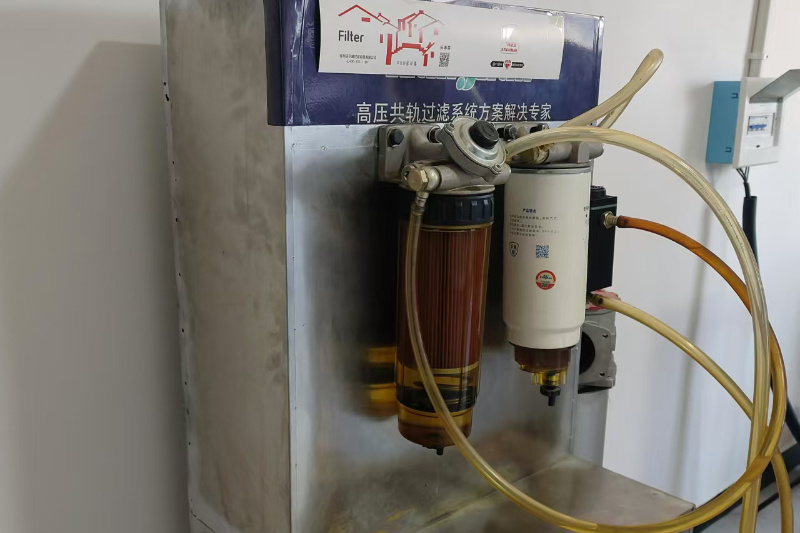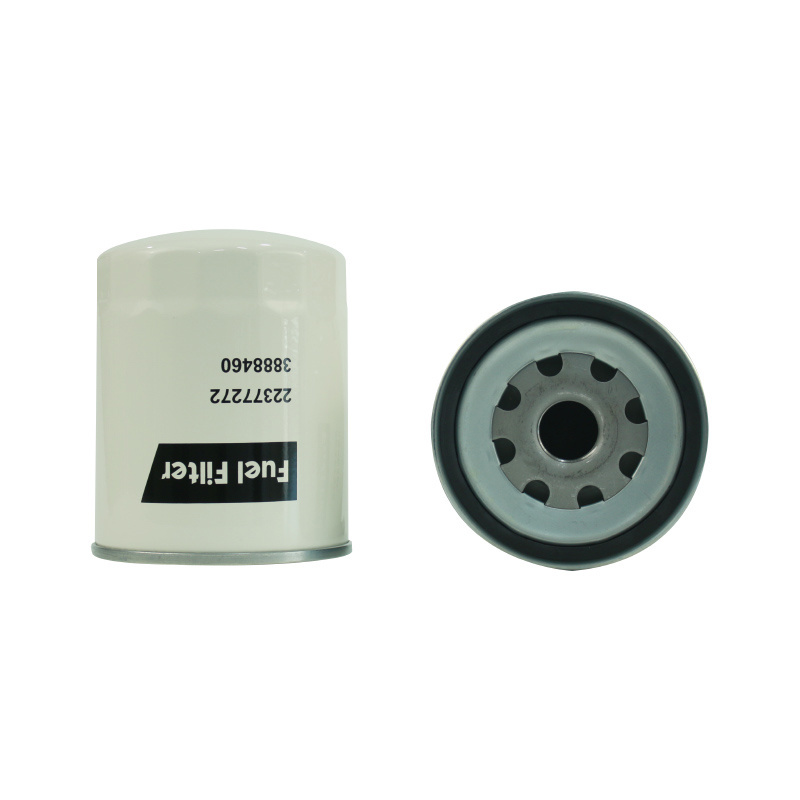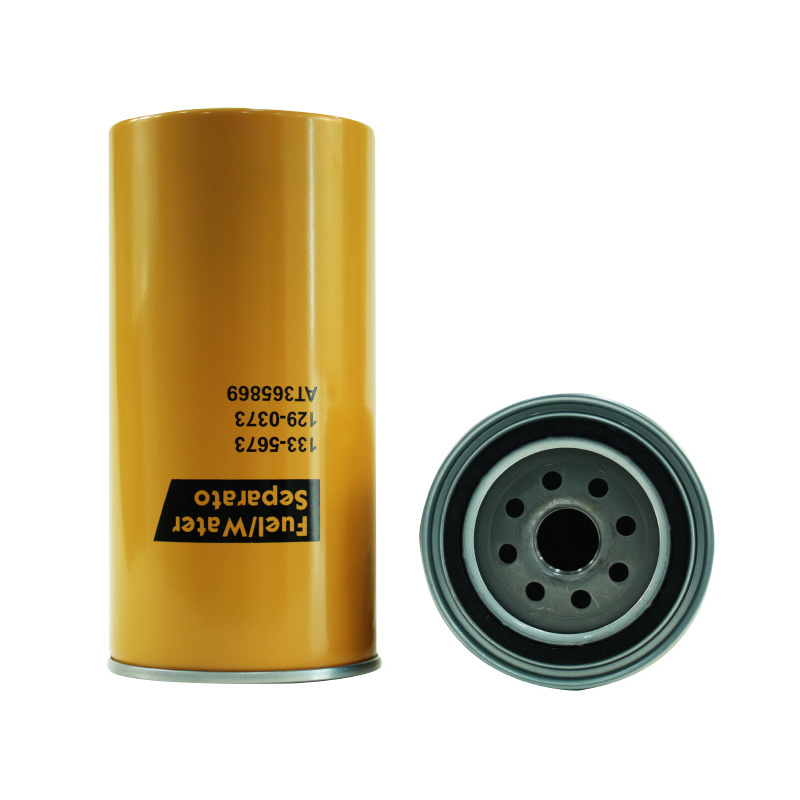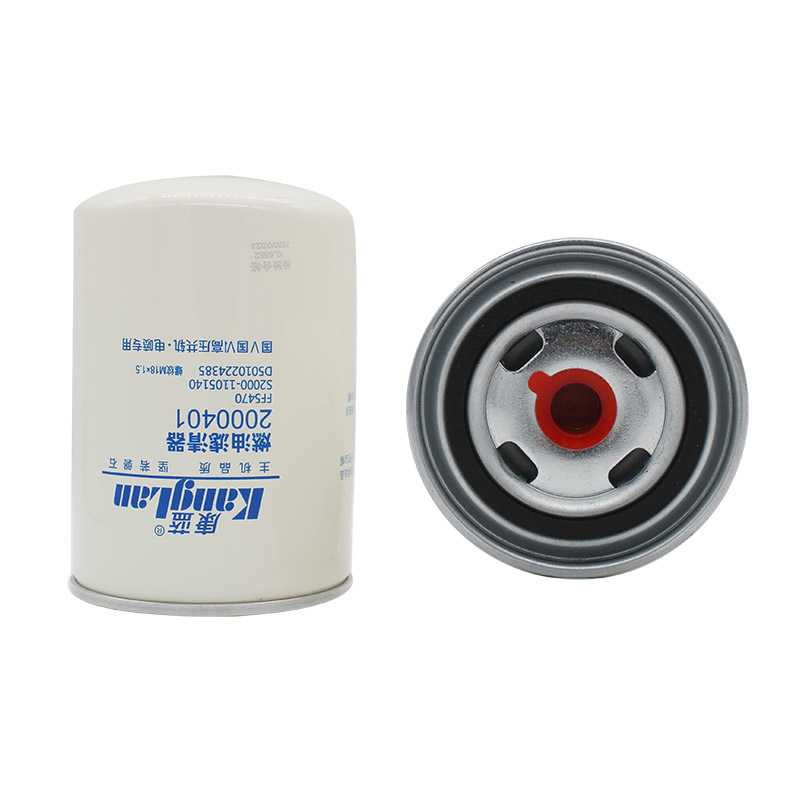Welcome to Hebei Takai Vehicle Parts Technology Co., Ltd.
Insights into Dump Truck Fuel Filtration Maintenance Best Practices
Release Time:
Apr 14,2025
Insights into Dump Truck Fuel Filtration Maintenance Best Practices Maintaining dump truck fuel filtration systems is critical for ensuring optimal performance, efficiency, and longevity of the vehicle. In this article, we explore the best practices for maintaining these systems, understand their importance, and provide tips to troubleshoot common issues. Understanding Fuel Filtration Systems in
Insights into Dump Truck Fuel Filtration Maintenance Best Practices
Maintaining dump truck fuel filtration systems is critical for ensuring optimal performance, efficiency, and longevity of the vehicle. In this article, we explore the best practices for maintaining these systems, understand their importance, and provide tips to troubleshoot common issues.
Understanding Fuel Filtration Systems in Dump Trucks
Fuel filtration systems play a crucial role in the operation of dump trucks. They remove contaminants from diesel fuel, preventing damage to the engine and ensuring smooth operation.
The Importance of Fuel Filtration
Fuel contamination can lead to serious engine problems, such as fuel injector failure, increased emissions, and reduced performance. Effective fuel filtration can:
- **Protect Engine Components**: Contaminants can wear down critical engine parts over time.
- **Enhance Fuel Efficiency**: Cleaner fuel allows for more efficient combustion.
- **Reduce Downtime**: A well-maintained filtration system minimizes the risk of breakdowns.
Components of Dump Truck Fuel Filtration Systems
A typical dump truck fuel filtration system comprises:
- **Primary Fuel Filter**: Captures larger particles and water.
- **Secondary Fuel Filter**: Provides finer filtration to protect the engine.
- **Water Separator**: Removes any water that may have mixed with fuel.
Understanding these components is essential for effective maintenance.
Best Practices for Fuel Filtration Maintenance
Implementing best practices in fuel filtration maintenance can promote the longevity and reliability of your dump truck.
Regular Inspection and Replacement of Filters
Routine inspection is vital. Check filters at regular intervals based on the manufacturer’s recommendations. Signs that filters need replacing include:
- **Decreased Engine Performance**: A noticeable lack of power.
- **Increased Fuel Consumption**: Fuel efficiency drops significantly.
- **Engine Misfires**: Inconsistent fuel delivery can cause engine hesitation.
Keeping Fuel Tanks Clean
Contaminated tanks can lead to filter obstructions. Regularly clean fuel tanks to prevent debris buildup. We recommend:
- **Using Biocides**: These can prevent microbial growth in diesel fuel.
- **Regularly Draining Water**: Water can accumulate at the bottom of fuel tanks.
Monitoring Fuel Quality
Fuel quality directly impacts filtration effectiveness. Here are some tips:
- **Perform Fuel Tests**: Regularly test fuel quality for contaminants.
- **Use Quality Fuel Suppliers**: Ensure your fuel comes from reputable sources with stringent quality controls.
Common Challenges in Fuel Filtration Maintenance
Despite best efforts, various challenges may arise in maintaining dump truck fuel filtration systems.
Contaminated Fuel Sources
Fuel from unreliable sources can introduce impurities. Always verify the quality of the fuel supplied by vendors.
Environmental Factors
Extreme temperatures can affect the viscosity of diesel fuel and filter performance. Adjust maintenance schedules based on seasonal changes.
Neglecting Maintenance Schedules
Failing to adhere to maintenance schedules can lead to severe performance issues. Ensure you have a maintenance calendar that prompts timely inspections and replacements.
Advanced Filtration Technologies
As technology advances, so do filtration systems. Consider investing in advanced filtration technologies that offer enhanced performance.
High-Efficiency Particulate Air (HEPA) Filters
HEPA filters can capture smaller particles than standard filters, providing better protection for the engine.
Fuel Additives
Certain additives can enhance fuel stability and improve filtration efficiency. Research and select products that suit your specific needs.
Step-by-Step Fuel Filtration Maintenance Guide
To ensure your dump truck remains in peak condition, follow this comprehensive maintenance guide.
Step 1: Gather Required Tools and Supplies
Before starting maintenance, gather all necessary tools, including:
- **Wrenches and Sockets**
- **Fuel Filter Replacement Kits**
- **Clean Rags**
- **Fuel Quality Test Kits**
Step 2: Turn Off the Engine and Ensure Safety
Before any maintenance, ensure the engine is off, and the vehicle is safely positioned.
Step 3: Inspect and Replace Filters
- **Remove Old Filter**: Use the appropriate wrench to loosen and remove the old filter.
- **Install New Filter**: Make sure to lubricate the rubber seals of the new filter before installation to ensure a proper seal.
- **Tighten Securely**: Ensure the filter is tightly secured to prevent leaks.
Step 4: Clean Fuel Tanks
- **Drain Residual Fuel**: Safely drain any remaining fuel from the tank.
- **Scrub Tank Interior**: Use specialized cleaning solutions to scrub the tank interior, removing any deposits.
- **Rinse and Dry**: Rinse the tank with clean fuel and allow it to dry completely.
Step 5: Conduct Quality Tests on Fuel
Utilize fuel quality test kits to assess the fuel's cleanliness. Test for:
- **Water Content**
- **Particulate Matter**
- **Microbial Contaminants**
Frequently Asked Questions (FAQs)
1. How often should I replace my dump truck's fuel filters?
We recommend replacing fuel filters every 10,000 to 15,000 miles or based on the manufacturer’s guidelines.
2. What are the signs that my fuel filter is clogged?
Symptoms include reduced engine performance, increased fuel consumption, and engine misfires.
3. Can I clean my fuel filter instead of replacing it?
Some filters are cleanable, but most should be replaced to ensure optimal performance.
4. How can I prevent water from contaminating my fuel?
Regularly drain water from the fuel tank and use quality fuel sourced from reliable suppliers.
5. How do environmental conditions affect fuel filtration?
Extreme temperatures can change fuel viscosity and impact the performance of filters, making regular maintenance even more crucial.
Conclusion
Maintaining dump truck fuel filtration systems is not just a routine task; it is essential for operational efficiency and engine health. By adhering to best practices such as regular inspections, monitoring fuel quality, and utilizing advanced technologies, we can significantly enhance the longevity of our vehicles. Implementing these strategies will not only reduce downtime but also improve overall performance, ensuring that dump trucks operate smoothly under various conditions. By prioritizing fuel filtration maintenance, we contribute to a more reliable and efficient fleet.
You Can Also Learn More About Industry Trends












